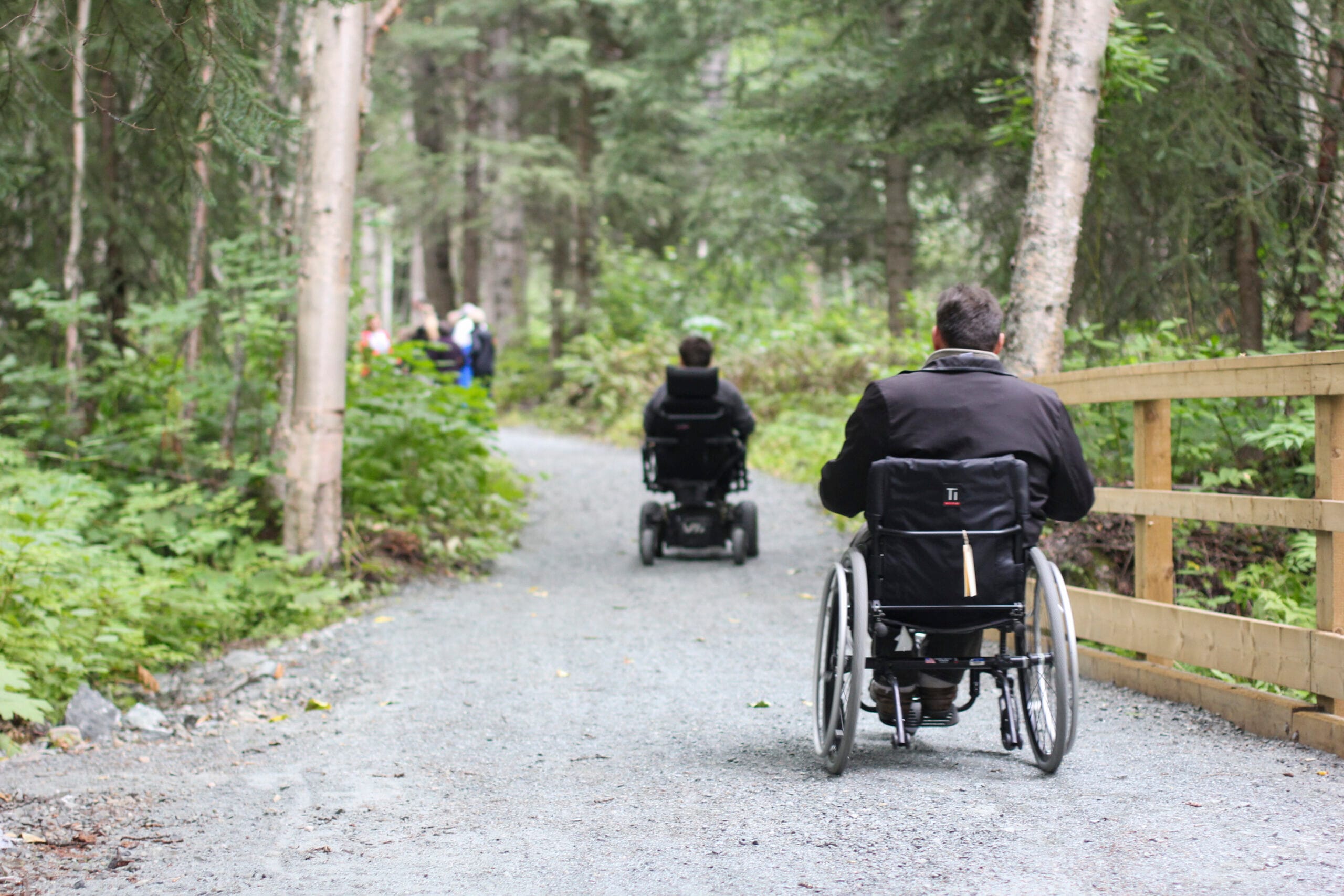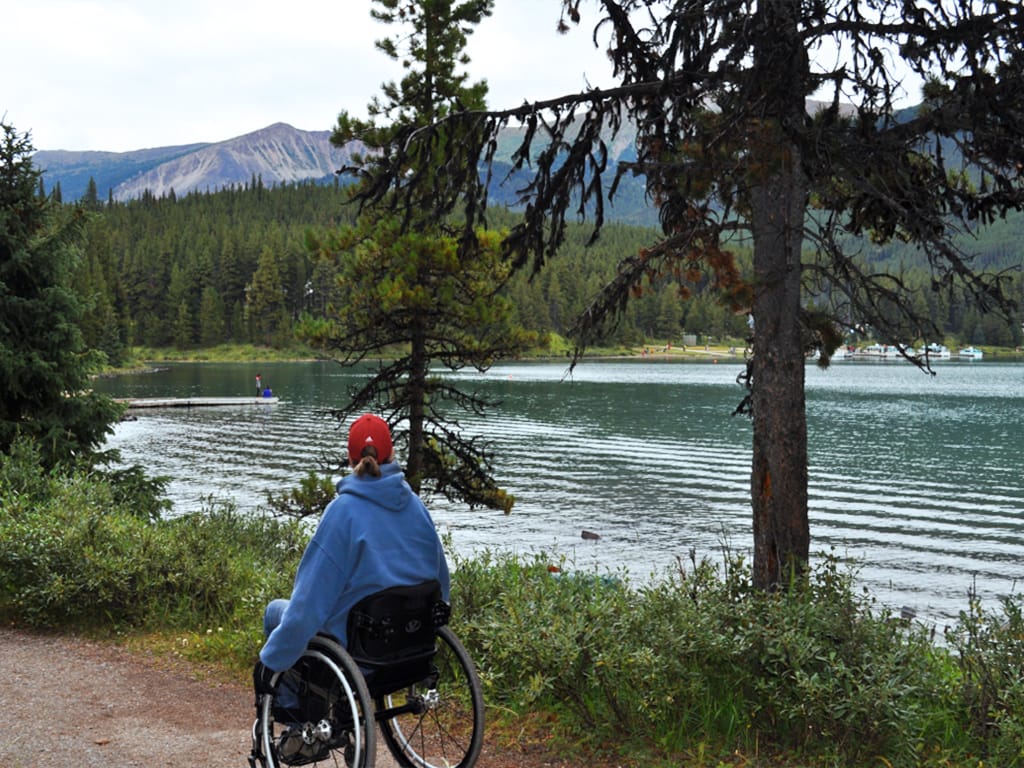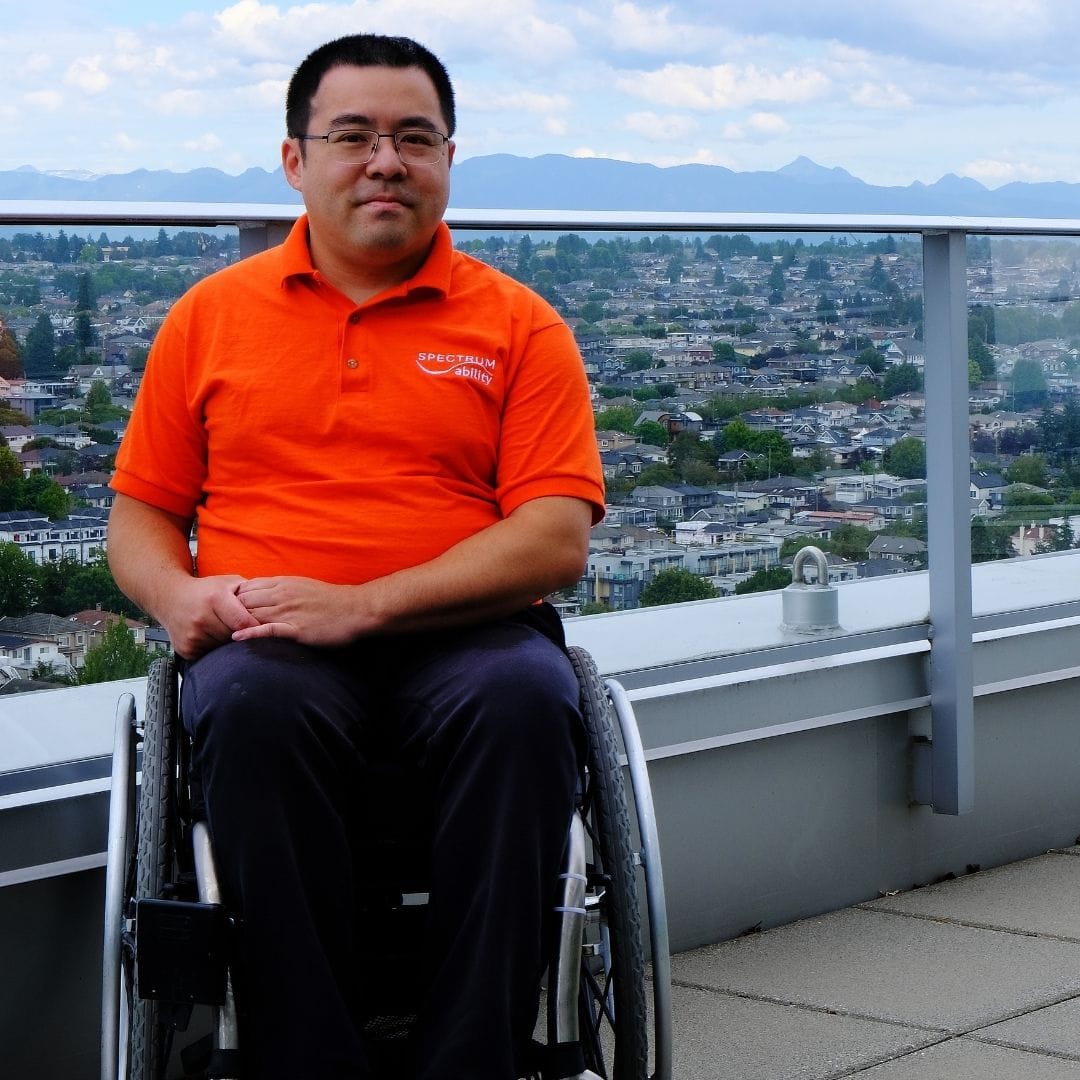New legislation is vital, but creating incentives might be more important. Where does the new Accessible Canada Act fit into this notion? Our Executive Director weighs in. History was made on May 29 when the House of Commons unanimously passed Bill C-81 into law, establishing what is now Canada’s new Accessible Canada Act. This Act, which came into force throughout the country earlier this month makes what was once just a vision, a reality.
History was made on May 29 when the House of Commons unanimously passed Bill C-81 into law, establishing what is now Canada’s new Accessible Canada Act. This Act, which came into force throughout the country earlier this month makes what was once just a vision, a reality.
I am proud of the significant role we, as one of the 97 organizations of the SCI Canada-led Federal Accessibility Legislation Alliance, played in shaping this legislation. It may not be perfect, but we’re pleased that more than 75 of our recommendations are included in it and we will continue to work hard together to ensure the changes (outlined below) made by this legislation come to fruition.
According to an official press release by Employment and Social Development Canada the Act “establishes a framework to create a barrier-free Canada through the proactive identification, removal and prevention of accessibility barriers.”
What does this mean? Well, among other important changes, there will be the establishment of new structures and positions, including:
- the Canadian Accessibility Standards Development Organization (CASDO), led by a board of directors comprised of a majority of persons with disabilities, that will develop accessibility standards in collaboration with the disability community and industry;
- a Chief Accessibility Officer, who will advise the Minister of Accessibility and monitor systemic and emerging accessibility issues; and
- an Accessibility Commissioner, who will spearhead compliance and enforcement activities under the legislation.
It will also require existing regulating bodies (like the Canadian Radio-Television and Telecommunications) to evaluate the manner in which they currently process accessibility complaints, and put in place an efficient procedure with complementary accessibility policies and practices.
In short, this means new positions will be created to specifically inform and monitor policy, and the “big guys” (such as TV, Transportation and Labour Relations) will re-evaluate their current way of doing things.
For all of us, this change may be gradual and most likely slower than we hope. But just as input from individuals across the country was essential for developing and enacting the Accessible Canada Act, ongoing input to strengthen the Act and all of the processes around it will be essential for ensuring the Act leads to meaningful change. We will keep you informed as to how you can provide input as things develop.
We’ll also keep you up to date with respect to the Province of BC’s plan to develop accessibility legislation for BC. Once again, your input will be vital for ensuring BC creates legislation to make our province accessible and inclusive. SCI BC has been invited to the Minister of Social Development and Poverty Reduction’s roundtable of key organizations that are advising the government on developing this legislation and the consultation process that will take place. There will definitely be more to come on this, so stay tuned.

Make no mistake; all of this represents a massive step forward. But on its own, legislation and enforcement of it, isn’t enough to affect the type of positive attitudinal and behavioural shifts required for Canadian society to become truly accessible and inclusive. These shifts will require significant investments. Thankfully, governments realize this and are starting to make the required investments. Personally, I believe that incentives will be one of the biggest drivers of positive change. Yes, the threat of punishment for not complying with the law is necessary but should be wielded as a last resort.
We want people to change because they see the value in change, not because they have to, When we see the value in change, we’re encouraged to do better than just grudgingly meet a minimum standard.
An interesting example of this is starting to emerge here in BC. The incentive is tapping into the accessible tourism dollar. The tourism sector and our government’s Ministry of Tourism, Arts and Culture realize that globally, accessible tourism is an industry valued at more than $80 billion, and making BC a leader in accessible tourism means grabbing a bigger share of this very large pie.


Of course, accessible tourism requires accessible communities, and accessible communities are required for accessible tourism—a relationship that SCI BC’s Access BC program (accessiblebc.ca) has been helping governments and tourism industry associations understand.
Over the past year, SCI BC has established memorandums of understanding (MOUs) with BC’s five regional tourism associations, the Tourism Industry Association of BC, the North Central Local Government Association, and other local governments and associations. Through these MOUs, SCI BC’s Access BC team is working with partners and stakeholders to establish a coordinated approach to developing accessible travel and tourism products across BC. The Thompson Okanagan Tourism Association was the first to jump on board, and we have subsequently created a jointly funded Regional Universal Access Tourism Specialist position, the first of its kind. The role, filled by SCI BC Peer Support Specialist Sonja Gaudet, serves as a dedicated accessibility resource for the region.
By building these relationships and infusing legislation with incentives we can bridge the gap between regulations and practices and hopefully create the “barrier-free” Canada as promised.
- You can learn more about how the Accessible Canada Act was shaped by visiting include-me.ca.
- Read the full press release of the Act, here.



